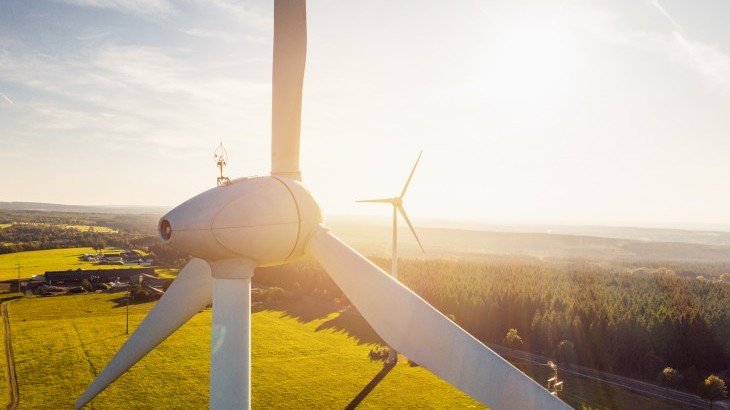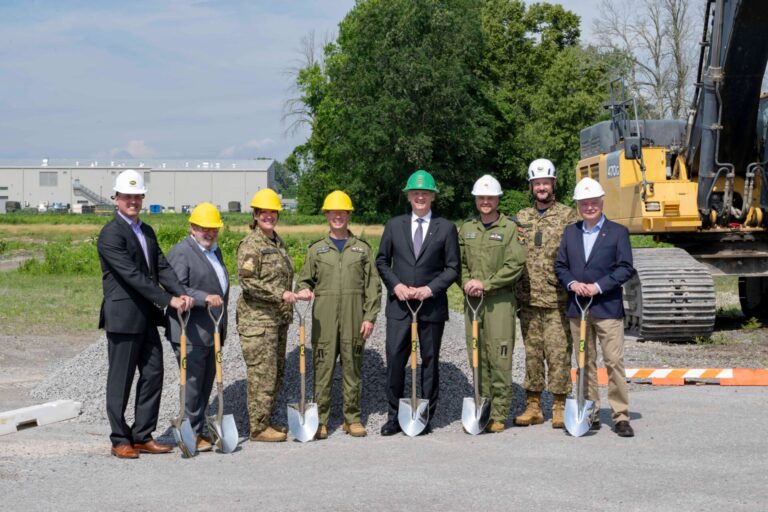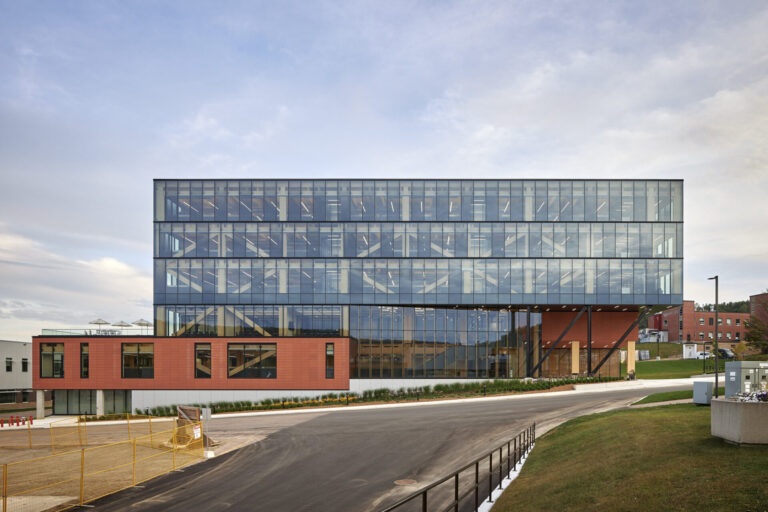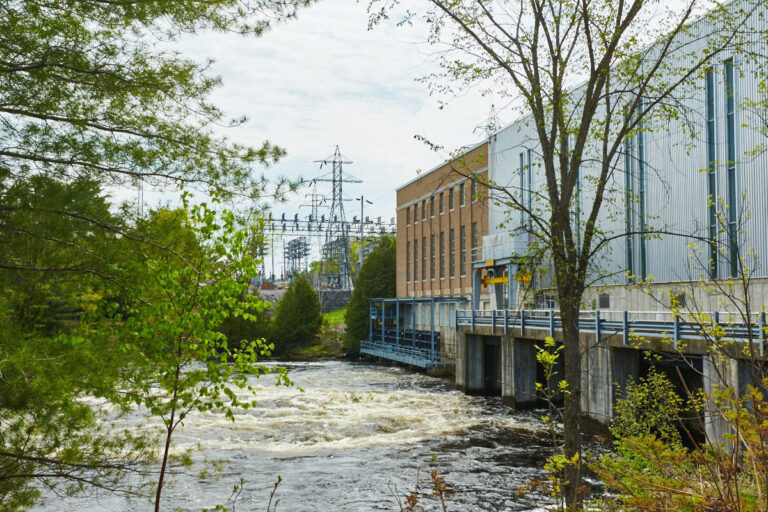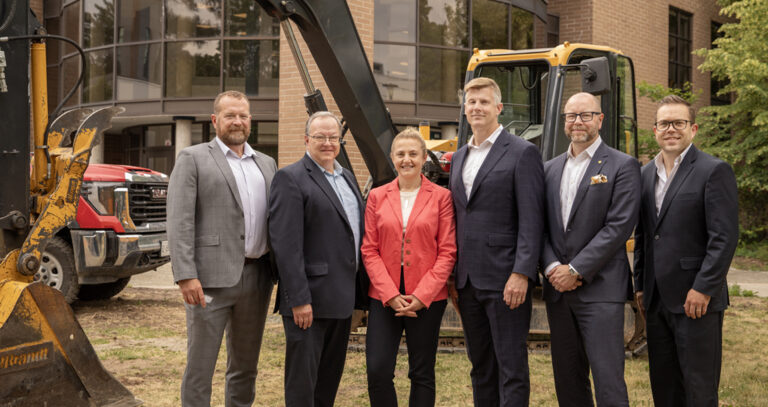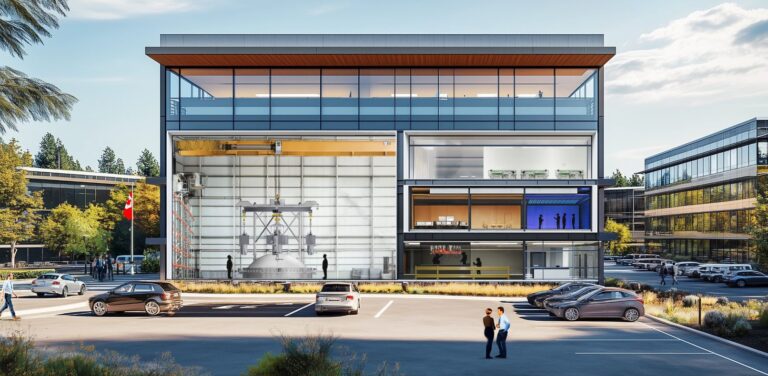QUEST and Pollution Probe have launched the Innovation Sandboxes Project to help accelerate the transition of Canadian electricity and natural gas systems to a low-emissions future by creating policy frameworks in Canada.
“Innovation Sandboxes” are a policy tool that use collaboration to create conditions for a safe and controlled space to test new energy products, services and business models in a real-world environment. They provide the opportunity to change how processes, procedures, policies, rules or regulations are applied. The ultimate goal is to achieve systematic and long-lasting change to enable innovation that benefits consumers and society.
Acknowledging that municipalities and communities have been hard hit by the COVID-19 pandemic, the initiative aims to ensure that they have the resources, governance structures, and policy support to build community resilience and foster innovation in the energy sector.
“In certain cases, regulation or market oversight can act as barriers to developing more decentralized and flexible energy systems and experimenting and diffusing more agile and innovative energy services or business models,” said Richard Carlson, director of energy policy at Pollution Probe. “Innovation Sandboxes are one way to promote innovation by allowing for collaboration and experimentation to safely happen in a real-world environment, as well as learn from them to inform the type of policy or regulation change needed.”
This project will consist of a series of reports that analyze Innovation Sandbox-like initiatives in the energy sector in other countries to identify best practices and lessons learned to design and develop Innovation Sandboxes in Canada successfully. Stakeholder workshops in select jurisdictions tailored to provincial and territorial circumstances will follow.
“Canada requires multi-faceted solutions to arrive at a low-emissions energy system and economy efficiently and fairly,” said Tonja Leach, executive director at QUEST. “Innovation Sandboxes have been implemented, or are being developed, in other countries, and have proven to be an effective tool for accelerating the energy transition and supporting Smart Energy Communities.”
For further information on this project, click here.

